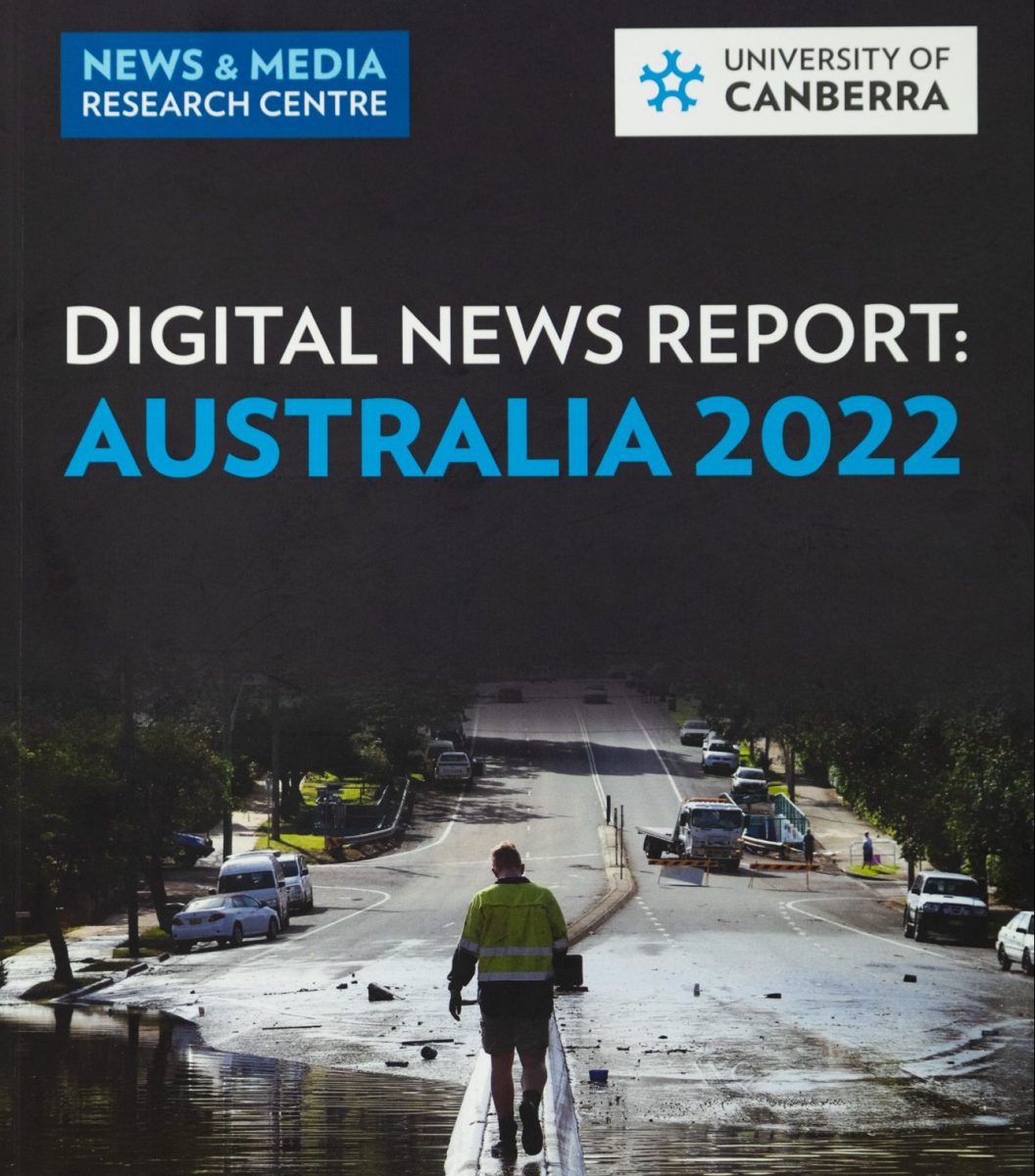
This year’s Digital News Report identifies local news as most important to audiences. Photo: Supplied.
Local news is king, valued by 79 per cent of the news audience.
That’s one of the strongest findings in this year’s Digital News Report (DNR), released by the University of Canberra after surveying more than 2000 respondents for their views on news balance, social media, partisanship and the role of journalists.
“That was one of the more surprising findings, a real eye-opener,” says Dr Sora Park, who began the DNR project in Australia.
“Local news was quite a late addition to the list of topics that interest people, but it was more highly ranked than politics, sport, crime or many other topics that are traditional news.”
The DNR is part of a global project founded by Professor Robert Picard, director of research at the Reuters Institute from 2010 to 2014. UC came on as an outlier at the project’s very beginning when it looked at media consumption across 10 European nations – and Australia.
“The original proposition was that the news industry had to innovate to survive in the digital environment,” Dr Park says of the ambitious project.
Sixty countries now participate in the annual report, surveying more than 90,000 consumers with a weighted, statistically significant methodology, conducted by YouGov in Australia.
This year, UC was particularly keen to include questions about partisan journalism and reporters’ voices on social media, a controversial topic in Australia. The findings show that a majority of respondents don’t think journalists should express their personal views on social media.
Region board member Gaven Morris argues in his commentary on the research that audiences are over self-obsessed journalists who overshare “what they feel rather than what they know”.
Sora Park says most Australians feel the amount of news they see in their social media feeds is about right, and are satisfied that they can control the volume. Social media as the primary news source has fallen, including among Gen Z respondents who are moving towards trusted online sites and television as more reliable sources.
Much of the news conversation revolves around trust, which Dr Park says is strongly correlated not only with the quality of news content, but also how much faith audiences have that news companies will look after their data.
She speculates that one of the reasons why people may be unwilling to pay for online news is scepticism about how the media companies might use their data. Surprisingly, consumers are more willing to trust online retailers than many media companies.
Trust in media continues to fluctuate, although the long-term trend is down.
General trust in news fell from 43 per cent to 41 per cent, although people’s trust in their preferred news sources rose slightly. Dr Park’s research consistently indicates that trust in local news is highest.
Trust in commercial television news declined sharply, although it’s still judged more trustworthy than many newspaper brands.
The study also looked across the political spectrum, finding that trust in Australian media is generally less polarised than elsewhere in the world. People who described themselves as left-wing consumers had higher trust in the news they consumed than those on the right. Trust in the ABC across the political spectrum remains consistently high, albeit slightly less among people who described themselves as right wing.
Sky News was Australia’s most distrusted news brand overall, just above the Herald Sun and The Daily Telegraph mastheads.
While newspapers have seized on the finding that there’s been a return to newsprint, Dr Park says the findings are better categorised as a stabilisation from a very sharp decline over the past five years.
“Print remains important in regional communities where there are few sources of information,” she says.
“But most consumers have converted online.”
Dr Park is not expecting a further decline in print but agrees that it may become a niche product driven by people’s attachment to the experience of reading a physical paper.
“Like going to movies when you could see most things at home, it’s becoming a behavioural choice”, she says.

















